By Gan Tian
(ECNS)--The South China Sea has been considered as an important international maritime passage and common assets of regional countries. In the face of external forces' meddling, how can relevant parties eliminate such interference and jointly build the South China Sea into a sea of peace, friendship and cooperation?
When guesting on the "W.E.Talk" program, Hu Bo, research professor and director of the Center for Maritime Strategy Studies from Peking University, and Rommel Banlaoi, president of the Philippine Society for International Security Studies, had an in-depth discussion on ways to solve the South China Sea issue.
The Philippines and U.S. are "using each other" to stir up troubles
The South China Sea is a maritime "super highway", a passage for many container ships as well as one of the major sources of fisheries resources in the world, which is crucial for maintaining regional trade stability, said Banlaoi.
In Banlaoi's view, the Declaration on the Conduct of Parties in the South China Sea (DOC) has provided a very important document for China and Southeast Asian countries, contributing to cooperation among all parties in various fields such as marine environmental protection, marine environmental research, search and rescue operations for safety of navigation at sea, and even combating transnational crime, thereby promoting regional stability and development.
"Unfortunately, the Philippines is distracted from this type of cooperation," said Banlaoi. He pointed out that the Philippines is "too impetuous" in dealing with China, while at the same time, the U.S. has been complicating issues in the South China Sea.
Banlaoi further stated that the U.S. is using the Philippines, Japan, South Korea and even its ally Australia to assert its leadership in Asia and counter China's growing influence in the region.
However, in Hu Bo's opinion, the U.S. and the Philippines are "using each other."
Hu, also director of the South China Sea Strategic Situation Probing Initiative (SCSPI), said that the Philippines has frequently provoked China on the South China Sea issue due to misjudgment of international and regional situations. However, he noted, the U.S. has shown reluctance to step in or directly assist the Philippines in the so-called "protection of rights."
According to Hu, on one hand, the volatility, uncertainty and speculation of the policies of the Philippines pose great uncertainty to the regional situation. "The Philippines doesn't want to be used as a pawn by the U.S. and intends to take advantage of competition between China and the U.S., which is undoubtedly 'pulling the chestnut out of the fire.'"
On the other hand, Hu emphasized that although the U.S. military will continue to fully leverage the geographical advantages of the Philippines to enhance their access to and presence in the region, it has consistently had concerns regarding the Philippines and is reluctant to step in.
All relevant countries should properly handle maritime issues, jointly safeguarding regional peace
How should South China Sea coastal countries respond when certain countries stir up trouble and make provocations incited by external forces? What is the future trajectory of the South China Sea situation? In the interview, both Chinese and Philippine experts unanimously called for strengthening dialogue, properly handling differences, and enhancing mutual trust so as to maintain regional stability.
In Banlaoi's view, the overall situation in the South China Sea remains stable, and the escalation is "only limited between the Philippines and China". In particular, "the South China Sea arbitration" is really disrupting full cooperation between the Philippines and China.
Banlaoi pointed out that the only way to peacefully resolve conflicts between the Philippines and China in the South China Sea is through serious, direct negotiation and consultation. "The two sides can start discussing how to move forward, how to manage their differences and how to promote cooperation."
Banlaoi believes that the peace and stability in the South China Sea will be achieved if all relevant parties can "exercise restraint" and fulfill their obligations under international law.
In terms of China, Hu explained that China's South China Sea policy remains stable, and that the country will firmly defend its territorial sovereignty as well as maritime rights and interests.
He explained that in recent years, China has acted as an anchor of peace and stability in the South China Sea by actively promoting practical cooperation with neighboring countries and providing international marine public goods such as disaster prevention and mitigation, patrol and law enforcement.
"Therefore, neighboring countries can learn from China. We cannot allow the South China Sea issue to dictate the course of bilateral relations, or even the relations between China and the entire Southeast Asia," said Hu.
Looking ahead, Hu said that increased involvement of the U.S. and a speculative mindset among some countries may lead to continued frictions and unexpected incidents in the South China Sea. However, he predicted the overall situation would remain "heated but not boiling."
"The Philippines has hit the ceiling of its capabilities and basically exhausted all means and approaches. The possibility of causing major problems is not high, unless the U.S. gets involved directly, which is largely unlikely to happen," Hu said. " Basic stability could be maintained in the South China Sea."















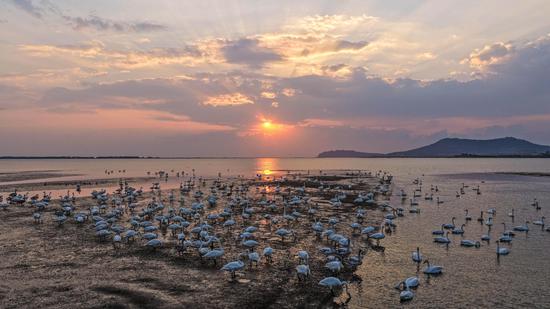



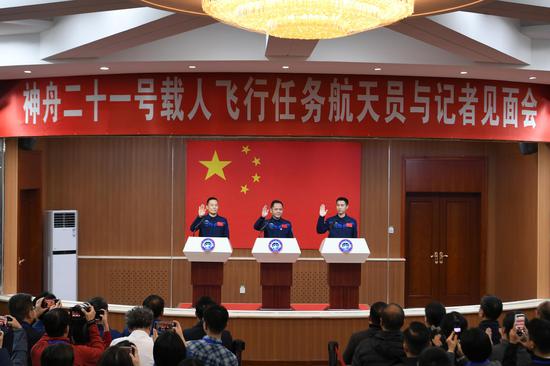












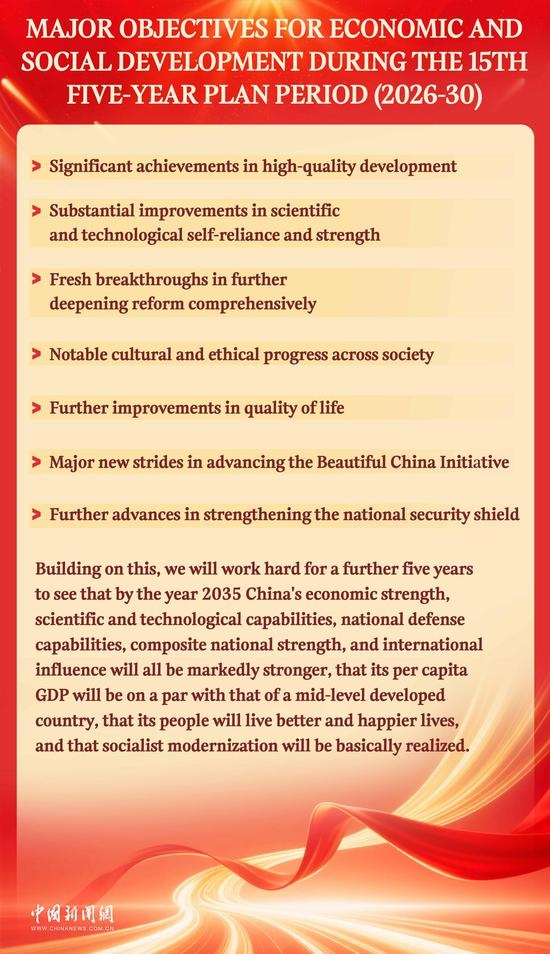
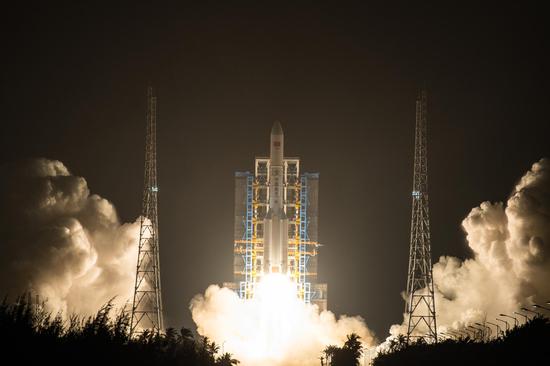
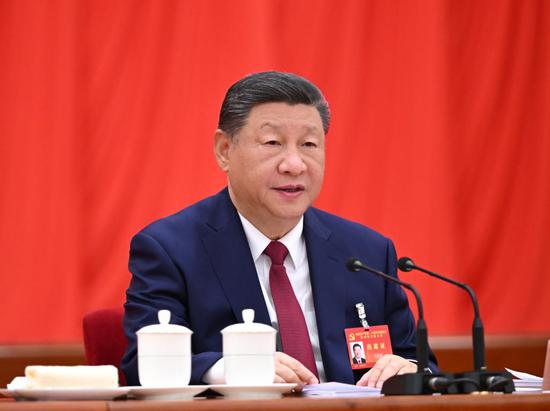




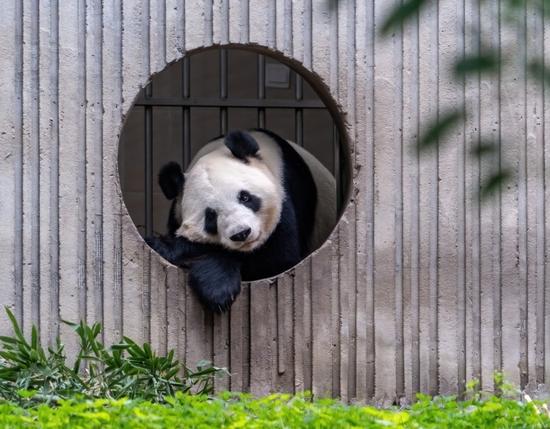
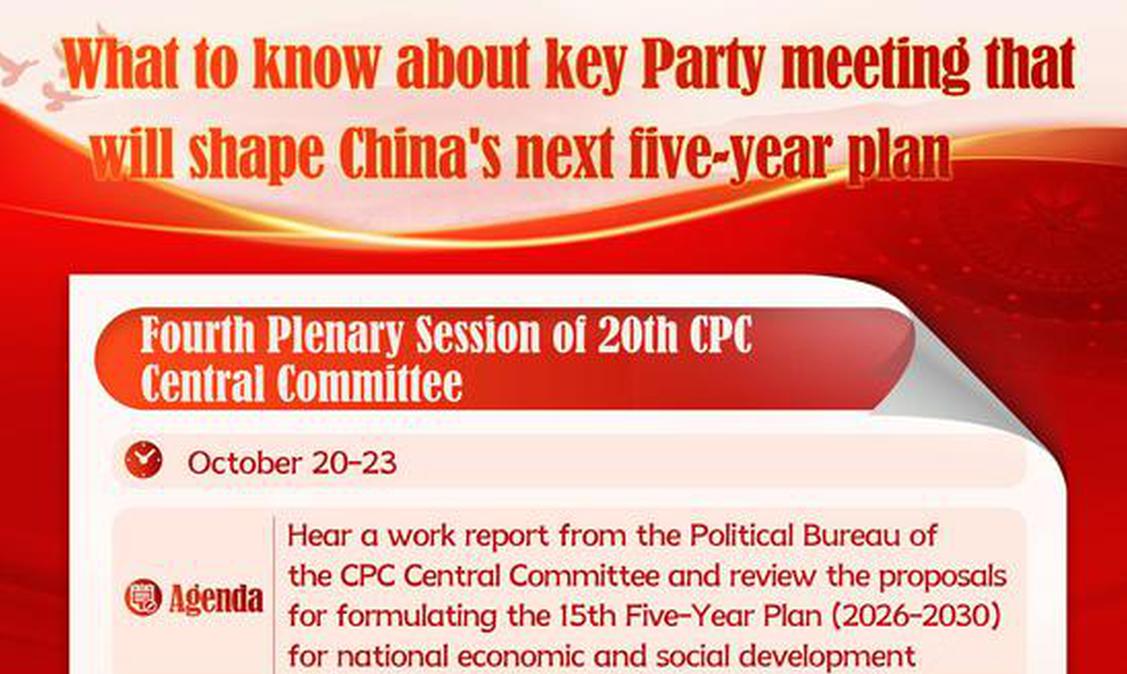
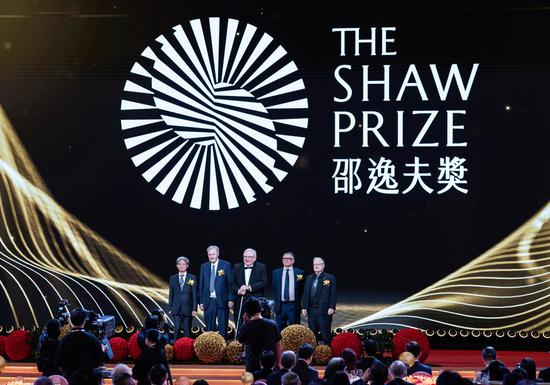
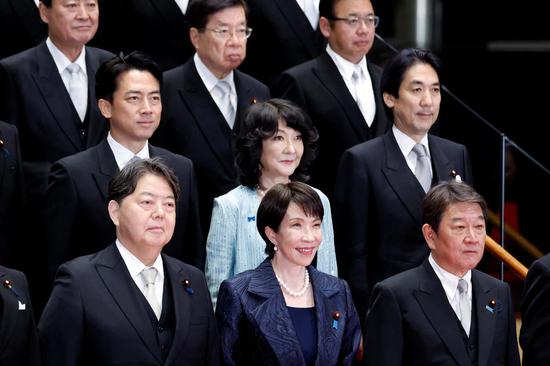
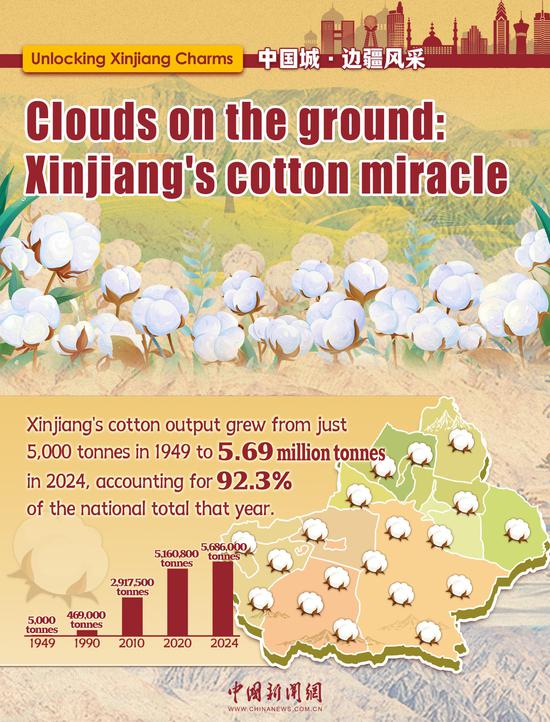






 京公网安备 11010202009201号
京公网安备 11010202009201号